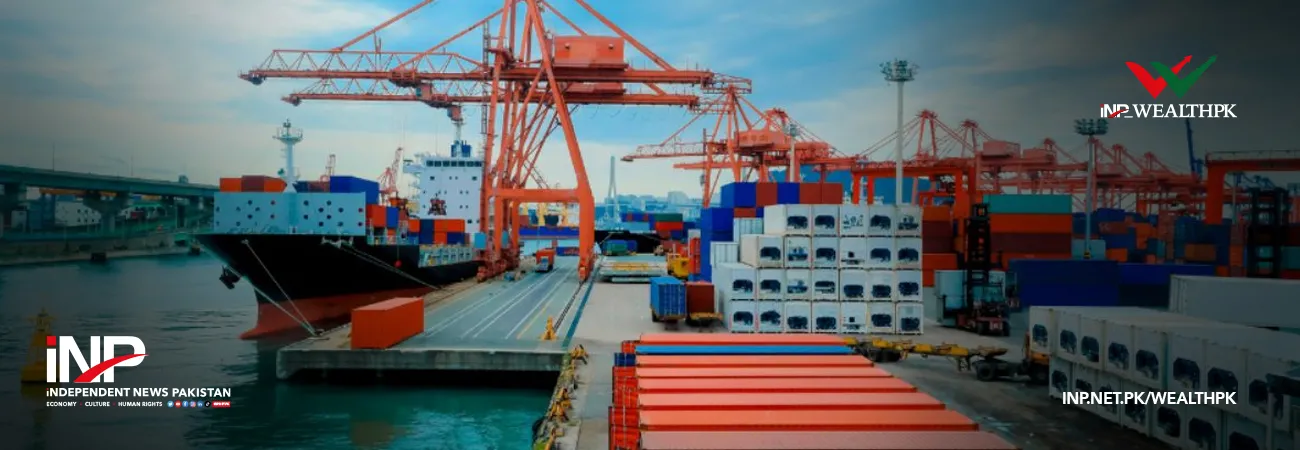INP-WealthPk
By Muhammad Asad Tahir Bhawana ISLAMABAD, June 07 (INP-WealthPK): Pakistan’s mango export target has been reduced by 25,000MT due to 50% reduction in production this year. The decline in production was caused by the severe climate effects. Talking to WealthPK, Waheed Ahmad, Patron-in-Chief of Pakistan Fruit and Vegetable Association (PFVA), said that mango exporters and growers were facing a crisis during the current season due to a lack of electricity and diesel, a rise in the packaging costs, and high freight costs. The effects of climate change and high temperatures have reduced mango production by 50% this year. He said due to low mango production, the Association had reduced the export target by 25,000MT as against the last year and set a target of 125,000 tons for the current mango season. According to Waheed, climatic effects and high temperatures have made the current mango season extremely difficult for the industry. Pakistan annually produces around 1.8 million tons of mangoes, and with a 50% decrease, only 0.9 million tons would be produced this year. ‘’During the current mango season, the average temperature was recorded between 37 and 42°C around mid-March compared to 34°C during the previous season. In addition, the sudden temperature rise has severely harmed mango production. At the same time, irrigation problems, water shortages due to blocked canals, power load shedding, and shortage of diesel further exacerbated the climate change effects, he said. As Waheed Ahmed noted, mango production and export have faced stiff challenges during the current season. Mango processing costs have significantly increased due to the depreciating rupee, rising labour costs, and high electricity and gas tariffs. The price of packaging materials has also gone up by 30% since last season, making it difficult for the exporters to compete internationally. Owing to an exorbitant increase in sea freight, the competition for Pakistani mango is stiff. Last year, sea freight was USD1,900 per container for the Gulf and Dubai, but this year it has risen to USD2,800-3,000 per container. It is feared that the cost of transportation would also increase substantially with the rise in air freight prices. Weather-related events such as rain, storms, and strong winds, combined with climatic effects, could further increase the crop loss, thus negatively impacting on exports. Waheed Ahmed called upon the government to extend financial assistance to mango growers and exporters to compensate for their losses. He suggested a cut in the PIA freight charges by 20% to curtail the export cost and facilitate competition in the international market for Pakistani mangoes. Waheed believed that to achieve the export targets for this most challenging mango season, leading government departments and authorities, including airports, seaports, customs, plant production departments, and other organizations concerned, must render every possible assistance and cooperation to ensure maximum possible foreign exchange earnings for the country.













